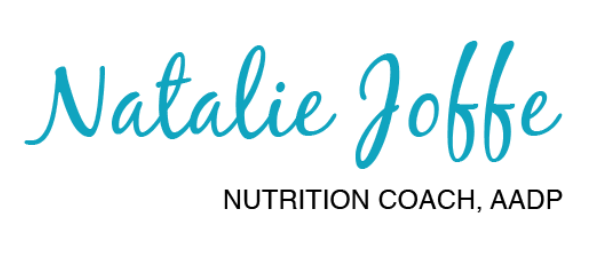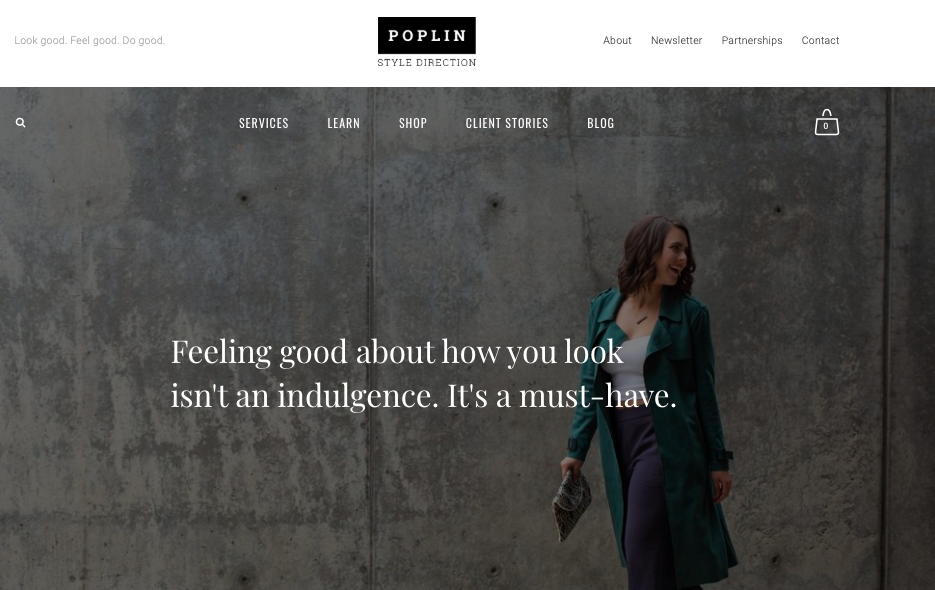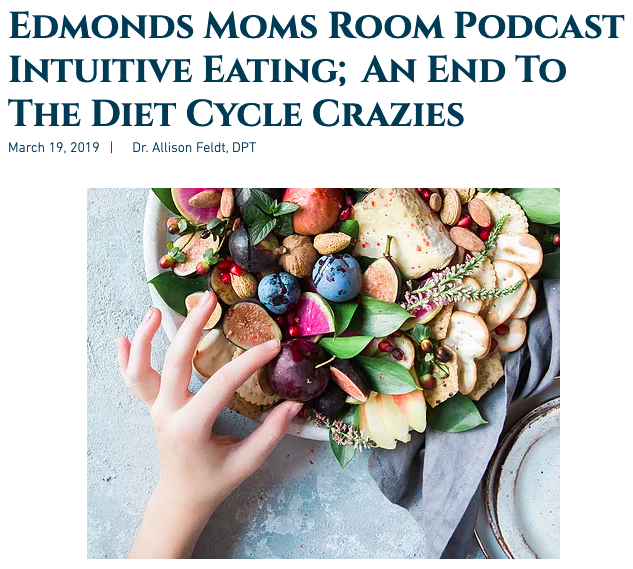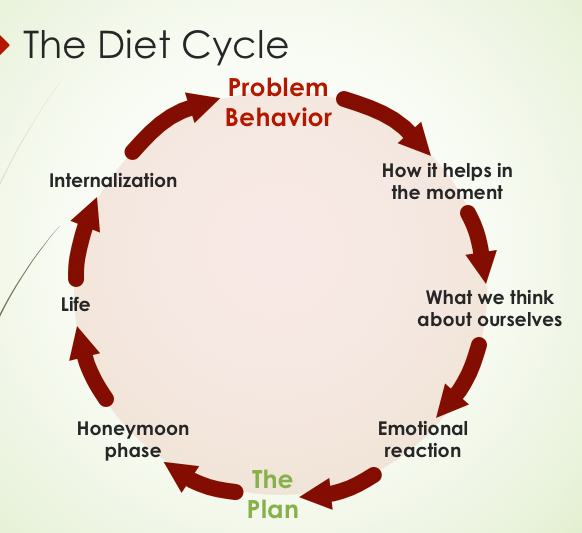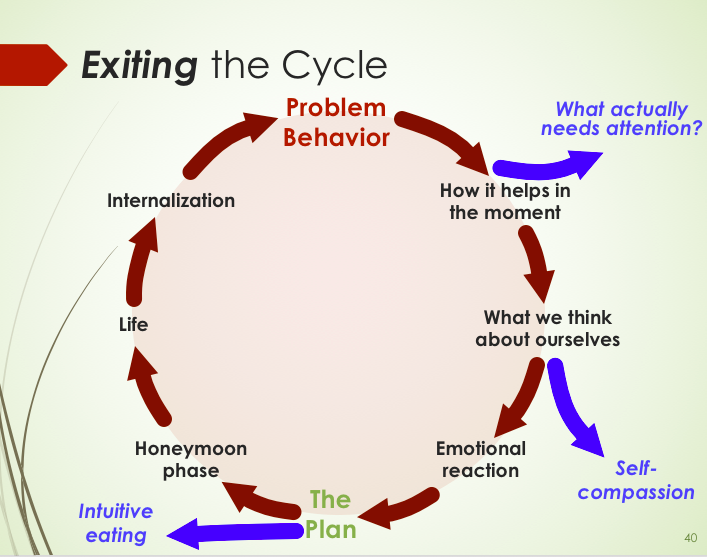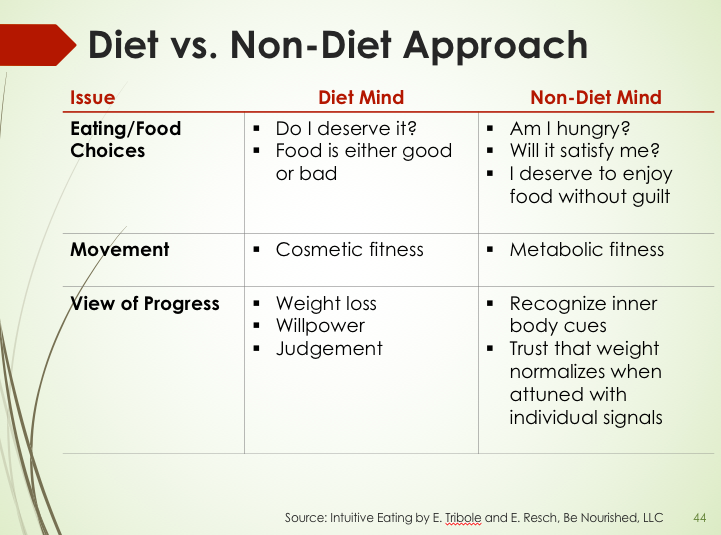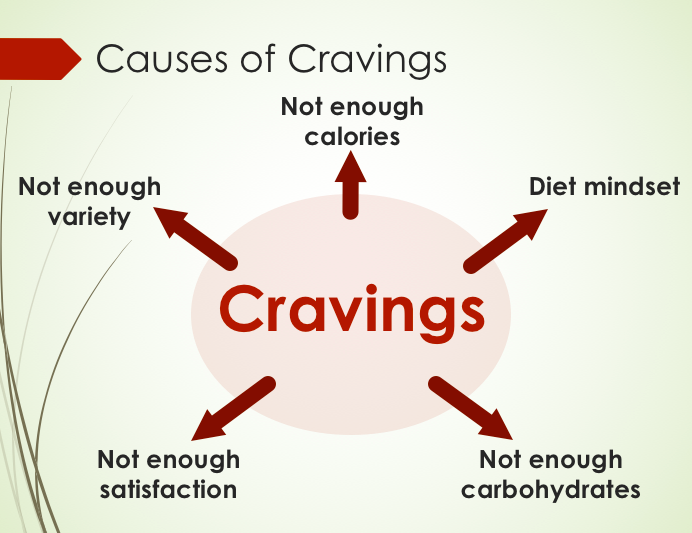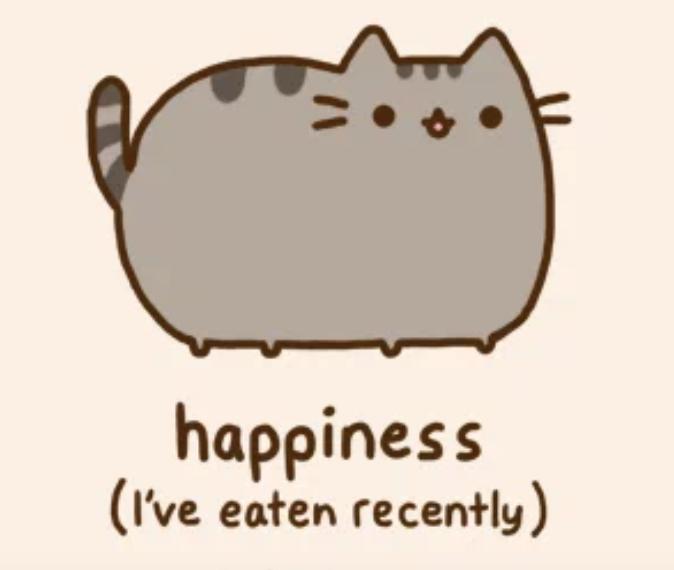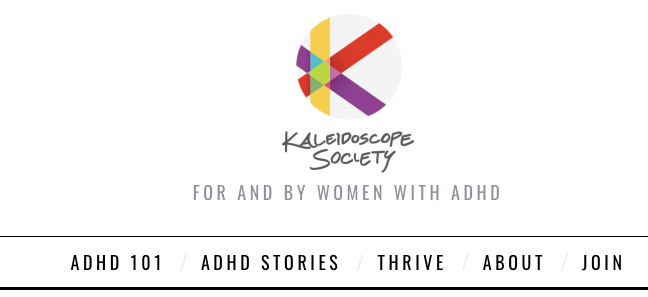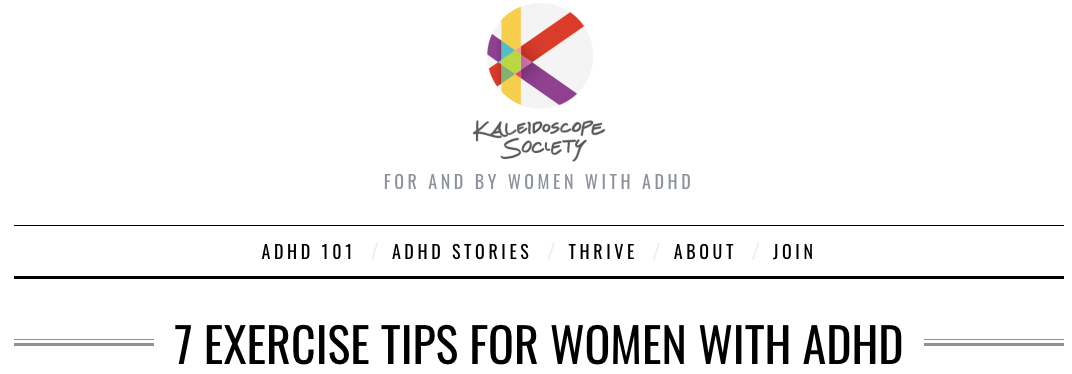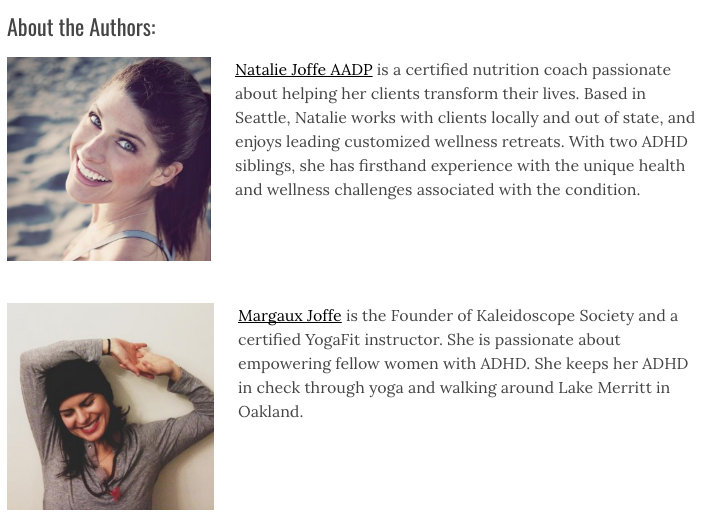I’ll have a six-pack by summer, and everyone will be really impressed.
That thought has crossed my mind every winter since I was 15. And it has always been wrong.
First, it has been wrong because I’ve never had a six-pack. Sure, I’ve sometimes lost a little fat or gained a little muscle, but I’ve never developed anything close to a picture-perfect physique.
Second, and more importantly, this thought has always been wrong because no one else would care. Other people don’t care about what I look like to the degree I imagine they do, if they care at all. They care a lot more about what I do and what I say, and they care a lot more about what they look like because they’re just as deluded as I am.
And third, this thought has been wrong because it was born out of a “finished product” mindset. The dream of showing up to a 4th of July BBQ with six-pack abs to show off was the dream of being a finished product, ready for the world to judge. I believed that if I could just reach that moment, I’d be done: I would never again have to worry about how I looked, restrict what I ate, or do the hard work of regular exercise. If I could just “get there,” everything would be better and easier for the rest of my life. (1)
This belief is plainly absurd. Even if I did manage to earn a six-pack through healthy eating and exercise, I wouldn’t be done. I would still be self-conscious about other aspects of my appearance, not to mention aspects of my personality. There would still be room for improvement. Yeah, I have a six-pack, but some people have an eight-pack! That’s what I really need. And I could easily slip backward if I lapsed in my routine of exercise and eating well.
Another Way to Think
An alternative to this unhealthy way of thinking is what’s known as a “growth mindset,” in which you see yourself as a perpetual work in progress. (2) With a growth mindset, you aim for gradual improvement rather than the rapid achievement of something praiseworthy.2 Instead of feeding your dependent self-esteem by comparing yourself to others, you build independent self-esteem by trying to do better this week than you did last week. (3)
When you have a “slip up” – a lapse of discipline or an indulgence at a party – it’s not the end of the world. It doesn’t mean there’s something wrong with you. It means you’d be wise to strategize and put forth greater effort. (2) A key feature of a growth mindset is understanding the brain’s capacity for growth and change: neurogenesis and neuroplasticity. You’re not doomed to repeat mistakes and failures. If you use them as learning opportunities, your brain will adapt, and you’ll do better in the future. (2)
Having a growth mindset means understanding that it’s normal to struggle. And it means knowing that anyone – yes, even you – can improve. Having a growth mindset means understanding that you’re never done, that you’ll never get there. A growth-minded approach to health and fitness would be to focus on developing and sustaining healthy habits for the rest of your life, not achieving some outcome-based goal like six-pack abs.
“There is no particular time when you can say, ‘I’ve done it, I’ve finished.’” –Stuart Wilde (4)
Built into a growth mindset is the idea that most important concepts are not black-and-white, but instead lie on a spectrum. Healthy and unhealthy are two idealized ends of one such spectrum. People cannot be sorted into all-or-nothing categories like “in shape” and “out of shape.” There is a fitness continuum, and you can never actually arrive at one end or the other. The growth-minded goal, then, is to move toward greater health and fitness.
One critical outgrowth of this way to thinking is the philosophy that everything counts. This has two meanings, which are really two sides of the same coin:
Every step in the right direction is worthwhile.
Every moment is an opportunity to take a step in the right direction.
This radically different from an all-or-nothing approach, where there is a defined end result and a deadline (as in I’ll have a six-pack by summer). If you don’t achieve the result you’re aiming for by the deadline you’ve set, you’ll feel like a failure, which is demoralizing and demotivating. It’s far better to approach health and fitness with the attitude that everything counts. As long as you’re choosing to take advantage of some of the opportunities you’re given to take steps in the right direction, you’re succeeding. And the more often you take those steps, the more momentum you build.
Permission to be Human
Everyone knows that the media skews our image of what human beings should look like, always making us feel inadequate because we’re not perfect. We all know that advertisers want us to feel unhappy because then we’ll buy their products in a foolish effort to feel better. But how often do we actually remember what we know? How often do we take that knowledge and do something with it?
Obsessing over an appearance-goal is a profoundly unkind thing to do to yourself. You’re a human being. You’re not supposed to be perfect. You’re supposed to be a work in progress. So please give yourself permission to be a work in progress, with the understanding that you’ll never be done working.
You’ll never “get there,” and that’s okay.
Since you’ll never get there, why not throw perfectionism away and give yourself permission to be human?
Since you’ll never be a finished product, why not embrace growth?
Since you’ll never find enduring satisfaction from reaching a goal, why not keep your eyes on the process?
Since you’ll never complete the work, why not find a way to enjoy it?
Since you’ll never be done, why not work at a sustainable pace?
Since you’ll never get there, why not start loving yourself now?
Works Cited
1 Inspired by: Stutz, Phil and Barry Michels. The Tools: Transform Your Problems into Courage, Confidence, and Creativity. Spiegel & Grau, 2012.
2 Dweck, Carol. Mindset: The New Psychology of Success. Ballantine Books, 2007.
3 Ben-Shahar, Tal. Psychology 1504: Positive Psychology. Harvard Open Course, 2009.
4 Wilde, Stuart. Infinite Self: 33 Steps to Reclaiming Your Inner Power. Hay House, 1996.
